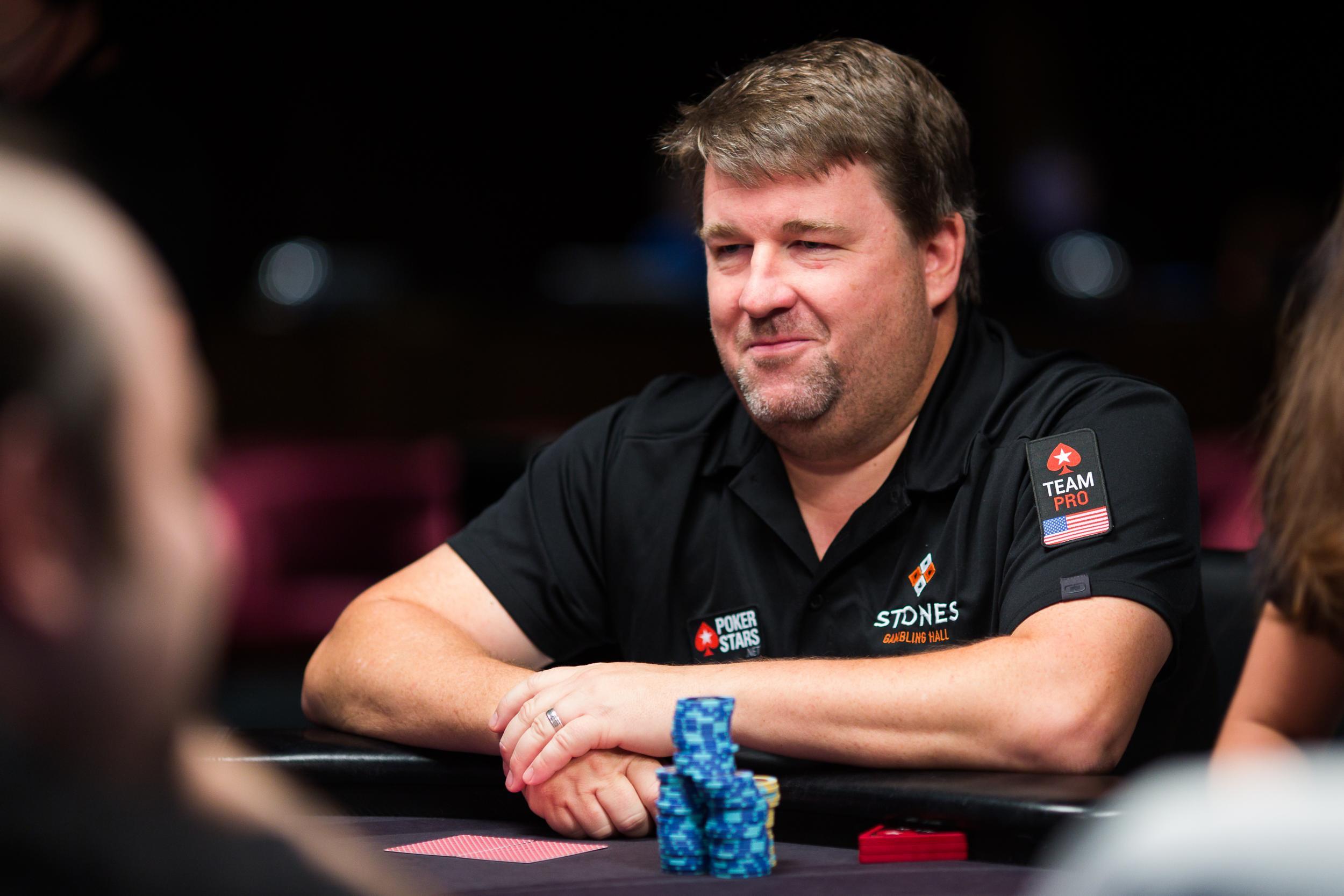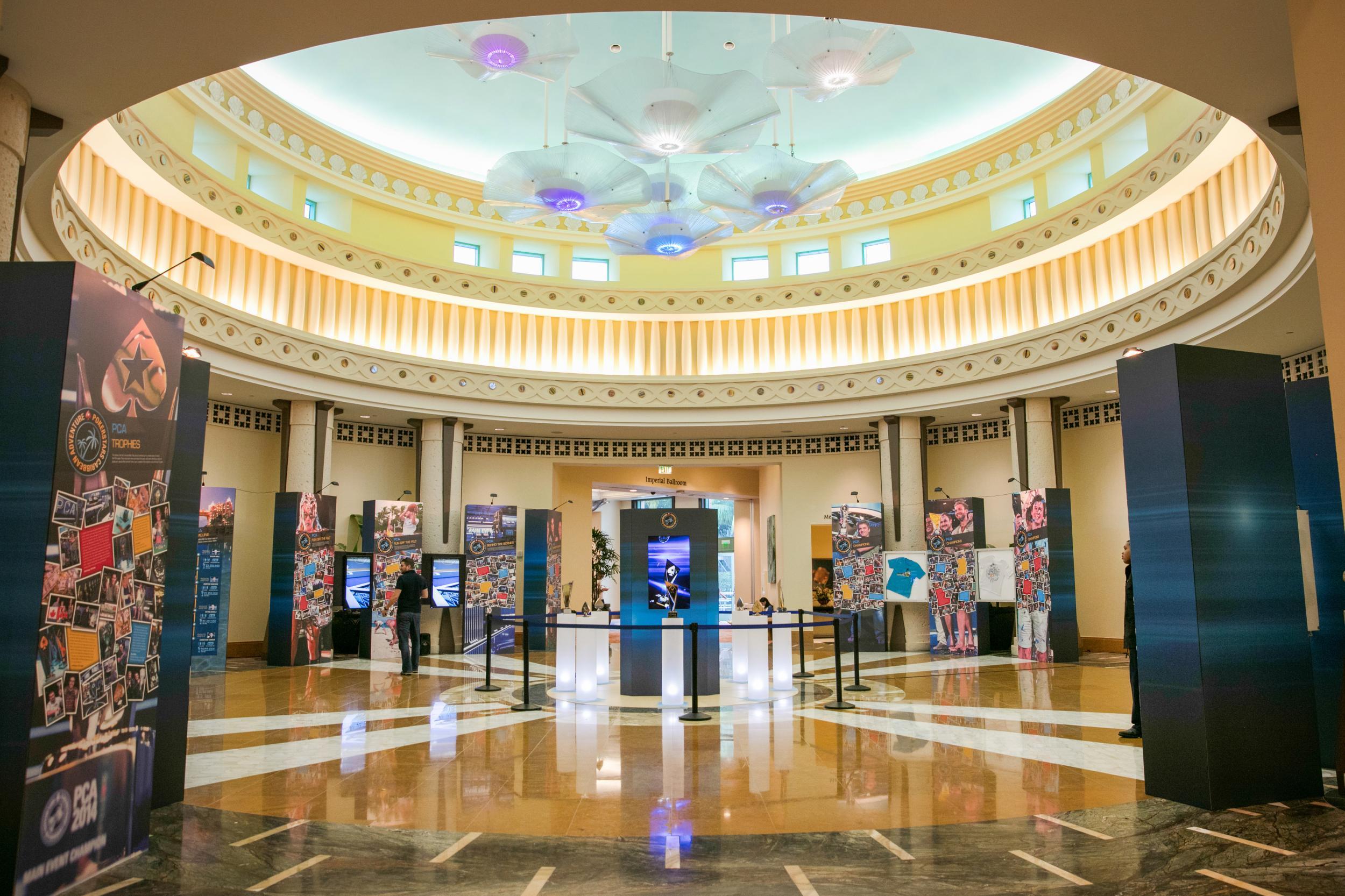Chris Moneymaker: What it's like to go from unknown to a poker millionaire overnight
Chris Moneymaker turned $86 into $2.5m. He didn't blow it.

It’s tempting to wonder whether - should you ever become an instant millionaire - how you’d handle your newfound status. Would you, like so many of those got-rich-quick folks before you, burn through your cash stack at a rate of knots before returning - shame-faced - to your old day job and former co-workers?
One man who knows just what it’s like to not only become rich, but famous, overnight is Chris Moneymaker. An unassuming man with a paunch and a goatee, he won $2.5m in 2003, after securing a place in the World Series of Poker thanks to an $86 online wager.
As the first person to become world champion after qualifying online, his success heralded a worldwide poker boom. But as the poker world went crazy, and his earnings grew, Moneymaker did nothing - for five months. It’s a tip he says he’d give to anyone who ever comes into an unexpected and large amount of money.
“I didn’t buy anything until probably five months later. I put it in the bank. I said: ‘I don’t want to f*** this up.’" He didn’t. And while you’ll still spot him at the poker circuit’s most glamorous locations as a PokerStars ambassador (The Independent met him at the company’s Caribbean Adventure event in the Bahamas), he’s at the $1,000 dollar tables rather than the $50,000 games.

His caution was a prudent move given his past; he admits that he was a “degenerate gambler” in college and was often broke. “I’d seen all of those stories about lottery winners who lost all of their money in a few years.”
As well as the temptation to buy things, there was pressure from others for a handout; when he returned from the tournament in Las Vegas, 110 people had left messages on his phone asking for financial aid. He knew only one of them personally. Budget-setting was key, he says. “If you get used to spending $20,000 a month, dropping down to $10,000 a month is going to feel hard. I decided I couldn’t let myself get into the habit of spending large amounts of money, even for a short time.”

He continued working as an accountant for six months, and even though his earnings have continued to grow since his big win, the friends around him have remained the same. There was no splurge on flash cars, either; he drives a Buick and his wife drives a minivan.
He’s also repeatedly turned down big-money games against “really famous people”. “Why? I don’t like risk, and I’ve nothing left to prove. I work with PokerStars and get a bunch of great opportunities, I live the life I want, and I’m happy.”

Has money made him happy? His answer is nuanced. “Money does not make you happy, but it makes you sad if you don’t have it. Once you’re comfortable - bills are paid, you’ve got money to buy things - anything on top of that is just nice. I wouldn’t want to be struggling to put food on my table for my kids. But I live a very simple life.”
Join our commenting forum
Join thought-provoking conversations, follow other Independent readers and see their replies
Comments
Bookmark popover
Removed from bookmarks